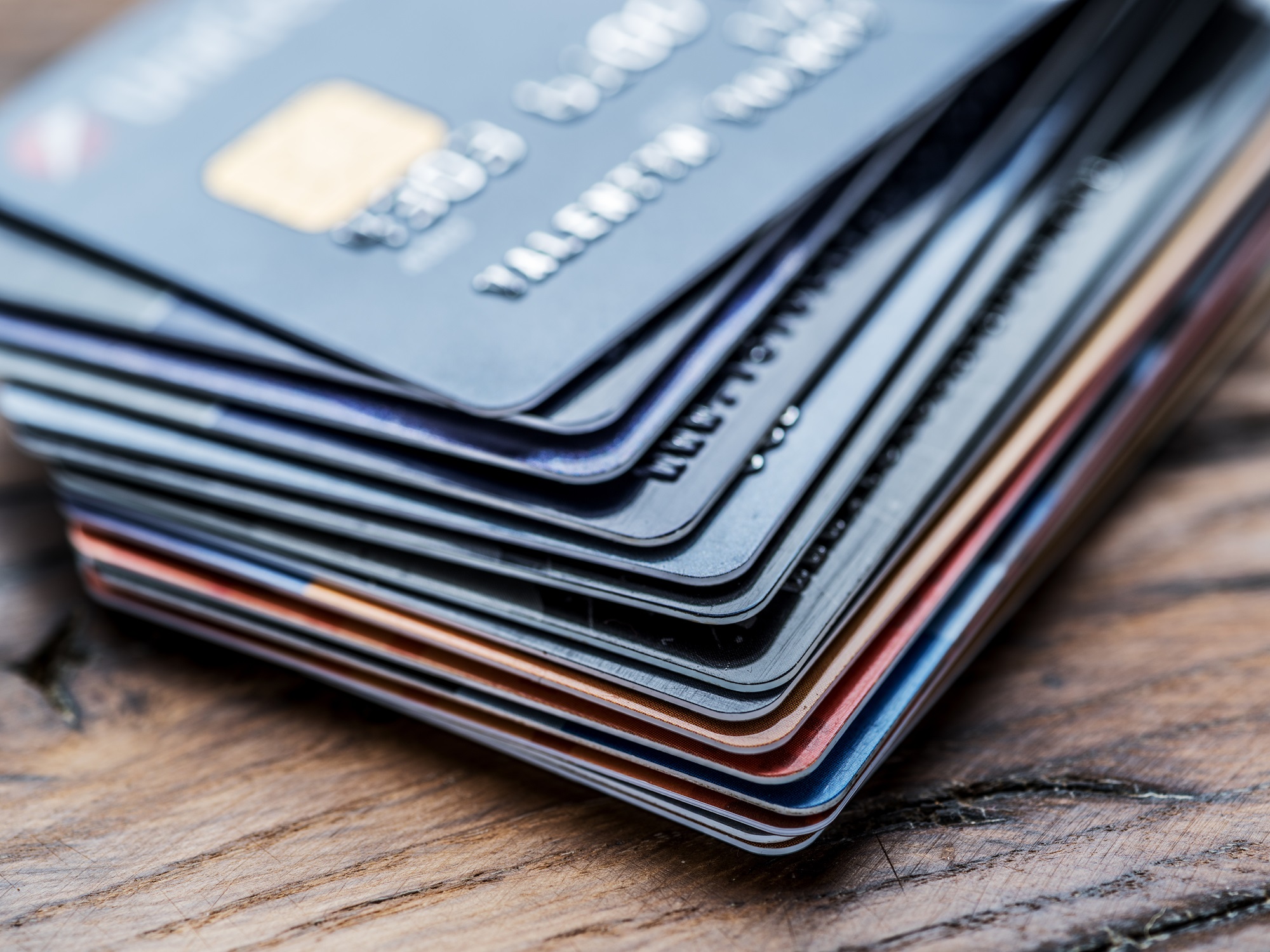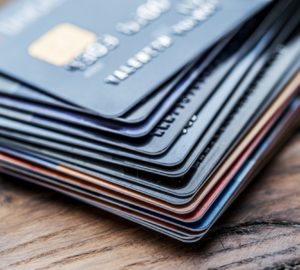Young People and Debit/Credit Cards – Why It’s a Great Idea


If you give a mouse a cookie…who remembers that book? We’re not talking about mice or cookies, but, instead, children and young adults and debit and credit cards. Allowance might be something that’s happening in your household, and there are always more expenses that pop up as our children grow up and get more involved in their communities. And, we think it’s important (and can be profoundly impactful to their future lives) to teach them how to manage their own money.
Through our Financial Literacy Program, we share tools, resources, and books with you and your children and grandchildren. And today we want to focus specifically on children getting their own debit and credit cards.
Debit Cards
Debit cards are a great way to teach children how to manage their own money. Maybe they earn an allowance, maybe they get cash gifts from family, maybe they are earning money in their first job, or all of the above. It’s easy to stash money in a piggy bank, but it’s much more practical to learn how to electronically track and manage money (it’s what they’ll do for the rest of their lives!).
There are a few options for debit cards for children – some have different age requirements, but all of them allow you as the parent to monitor the debit card and spending (and some have an attached bank account for the child while others just connect to the parent’s account). Read more about possible options from The Points Guy here.
Credit Cards – Authorized User
Credit cards, on the other hand, as we all know, might feel more dangerous. Access to more money than you have? As a kid? WOOHOO!
Not so fast…just like we strongly believe in Financial Planning Policies (and Policy-Based Financial Planning and Cash Flow Policies), we also believe in family policies and agreements if you plan to give your child a credit card. Why do it in the first place? Credit Score! If you add your child as an authorized user on your credit card, they will get all of the credit history on that credit card added to their credit history. Obviously, it’s important that you only do this if you have a good credit score and clean history on the card (with low utilization and clean on-time payment history). The Wall Street Journal notes you will want to confirm that the card issuer reports authorized users to the three credit bureaus so you know your child will get this benefit. And, you’ll want to think long-term – if you remove the child as an authorized user in the future, that credit history will be removed from their credit history and resulting score components.
If it all lines up, and you have clear policies for when the card can and cannot be used by the child, it can be a surprisingly impactful way to help your child have a great credit score as a young adult.
It can also be a great way to teach your child about how to manage their own credit cards one day – don’t put more than you can pay off on the credit card (the interest rates are so high it can be detrimental to carry a balance), set up automatic payments to pay off your credit card every month, learn how to use the benefits associated with your card (points, miles, cash back), and learn how to track your spending so you can be confident in your usage.
To share an example with you – I was added as an authorized user on a parent’s credit card in high school. It was a big discussion what this meant (how credit cards work, how to use them wisely), what was allowed, and what wasn’t. The card was only to be used for parent-approved purchases on things like meals out as a family (or meals when my sister and I were alone for an evening or out running family errands), gas for the family car, or other family errands as requested. It was not to be used for personal shopping or expenses. And it was monitored!
It didn’t seem like a big deal at the time, but I now know how impactful that step was to my own credit history. By the time I was in my 20s I had a 20+ year credit history and now in my 30s I have a 30+ year credit history! All because I had been added to that card. And length of credit history is one of the main factors that affects credit score.
So, we’re not suggesting letting a child or young adult free with a credit card without significant education and agreement in place. But it could be more impactful than you realized to add them as an authorized user and help build their credit history length (assuming, again, that you have good credit and a clean history on the card). But what if this isn’t an option for you for any reason? You can still help your child build their own credit with their very own credit card.
Credit Cards – How to Pick the First One
If adding your child as an authorized user isn’t an option for you or you didn’t know it was an option previously and you want to explore all possibilities, you can also help your child get their first credit card on their own. It may be hard to find one quickly as most credit cards require proof of income and a credit history (which your young adult child likely doesn’t have yet). Fortunately, there are options.
Some credit cards will allow a parent with proof of income and credit history to co-sign on the application but, according to Cheryl Winokur Munk of The Wallstreet Journal, not many card companies offer this option.
Another option is for the young adult to get a secured credit card – this option requires an up-front deposit of $200+ which sets the initial credit limit on the card. Because the applicant doesn’t have credit history, the bank takes the deposit as collateral to be sure any credit used can be repaid (hopefully in an ongoing manner by the cardholder, but by taking the deposit funds if payments aren’t made). If your child has a checking account at a bank, ask if they offer secured credit cards. If not, check out sources like Credit Karma, Forbes, Bankrate, and Wallethub for lists of secured credit card options and terms to be aware of.
Credit Cards – How To Use Them
Like we shared before, it’s not about spending more than you have! Credit cards can be powerful tools to build points and miles and use those rewards to save money in the future, but they can be dangerous if used improperly. Interest rates are high so carrying a balance is expensive. We think some of the best policies are to only put charges on the card you know you can pay off at the end of every month and to set up automatic payment of the full bill each month.
Talk to your child about credit card financial hygiene and how to use them wisely. Or, ask us to do it. We’d be happy to have that conversation and share resources!
If you have thoughts, questions, or want to talk more about whether it makes sense and how you might have those conversations with your loved ones, let us know.
